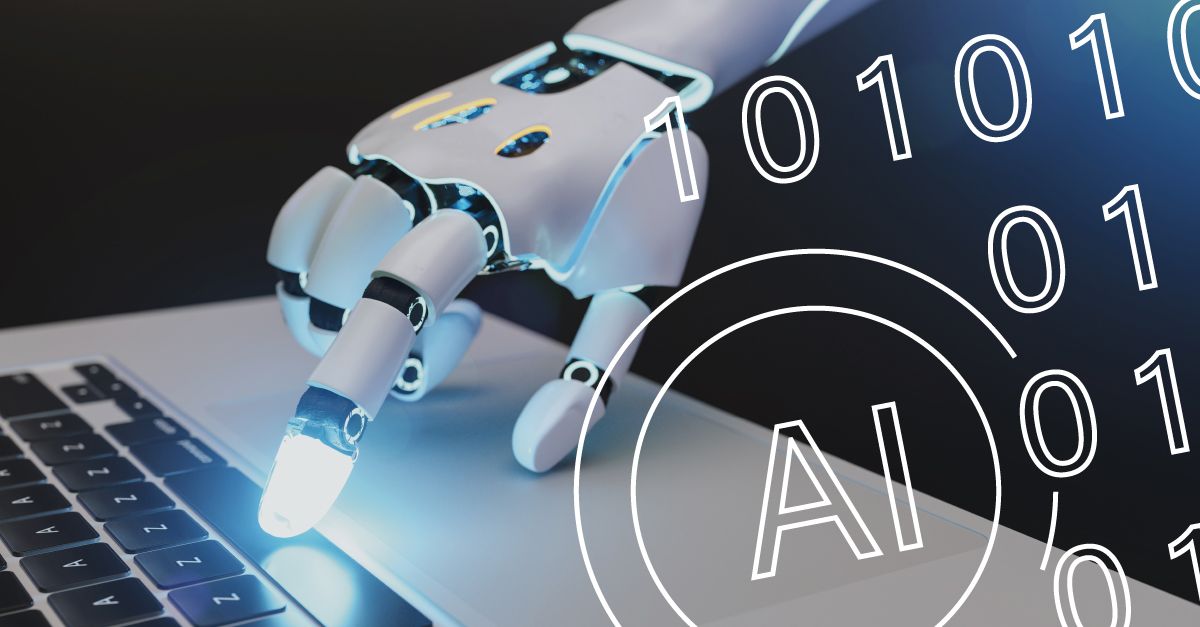
Now that we’ve safely landed in the new year (still recovering from a helluva rough 2020, though), take a moment to reflect. Visualize a snapshot of your life in 2019. Now compare that snapshot to your life in 2020. Do you see some major differences? If you don’t, then you’re not looking!
A myriad of things has changed from 2019 to 2020. The biggest of which is evident in the new WFH (Work From Home) initiatives that have been implemented around the world. A good chunk of our global workforce no longer battle long commutes to the workplace because they now work “remotely” from home. Technology has gained a huge boost during the 2020 pandemic as well, as have the needs of those who use it.
Tech takes off in the wake of quarantine lockdowns
Kids and grownups alike, who never before gave a thought to participating in mandatory Zoom meetings, are now swiftly becoming experts at navigating video conferencing apps and the internet as a whole. The same is true for B2B professionals in nearly all arenas.
With so many people now working from home, the broadband is being strained under the weight of traffic like it’s never had to endure. Online shopping has undergone massive growth, which has given exponential rise to the world of E-commerce, and business operations are becoming more digitized at almost every level in order to accommodate this new standard.
In fact, due to the great paradigm shifts taking place across all industries since the start of COVID-19, over 72% of technology decision makers urgently feel the need to modernize and advance their current technology systems.
They’re not wrong.
It doesn’t take a Jeopardy champion to see that the world is headed toward a more digital-first lifestyle in almost every regard. And while global digital transformation was underway before COVID-19, the severe impacts of the pandemic have certainly expedited this shift toward a fully-digitized global market.
But what does that mean for B2B marketers? How has this new WFH reality affected B2B technology drivers, like Genius Monkey, in the sharing of digital marketing solutions with other businesses?

Ready or not, remote work is here and demands digitalization
Adjusting to so many employees now working from home has presented an obstacle for the B2B marketing community, which has traditionally focused on targeting companies through inner-office communications, rather than virtual and/or remote interactions. Keeping business operations flexible and innovative has become a crucial part of maintaining B2B marketing success ever since stay-at-home measures first went into place last year.
For Genius Monkey, however, these sweeping changes to the advertising world haven’t slowed us down one bit. In fact, we’re thriving in this environment because our programmatic ad technology is already digitally optimized to target a wide variety of things, such as job titles, business internet service providers, certain operating systems and devices (i.e., if you know a company uses macs), email addresses, physical addresses, and much more!
This wide-range of targeting options means we don’t have to rely on B2B buyers in traditional corporate office settings in order to accurately target and entice them. Why? Because we can target and appeal to any B2B user throughout their entire day, wherever they go!
But for many B2B marketers, the onset of WFH culture has dramatically impacted the way in which they’re able to effectively reach the right decision makers. This is why many tech brands are currently reexamining their approach to marketing, with 41% of IT companies looking to increase their tech budgets for just that purpose.
The demand and opportunity surrounding digital-first tech implementation is bigger than ever, but these opportunities also come with big challenges for B2B tech marketers since channels to market become increasingly congested and omnidigital. In addition, it’s also important to remember that, no matter how complex the product or technology is, the end-user is still 100% human.
Why does this matter?
Because B2B buyers are 50% more likely to purchase a product when they recognize personal value in the content. Buyers want to feel a connection. They want to know that the brand is in their corner, helping them to succeed. So how can marketers create creative content that both entices and informs potential customers?
Simple. Appeal to their emotions.
The power of emotional appeal within B2B campaigns
Even though friends, family and colleagues have been physically separated during the last year of quarantine, in some ways they have actually grown closer together (politics aside). A sense of community has enveloped us, as many of us are all passing through similar trials. This is especially true in the world of small business.
A B2B campaign that can be presented in an upbeat and optimistic manner can reflect the importance of this community spirit. The human emotional story can add a special ingredient to soften the often dry technological marketing.
Take into consideration the obstacles that business owners are facing; having connectivity issues when video conferencing, the inability to retrieve pertinent documents from the cloud before their Zoom conference, and so much more.
These kinds of obstacles are a big part of why greater global digitalization is becoming a priority throughout all industries. But such obstacles also bring people closer together due to joint struggles and circumstances.
Moving into the future with adaptive B2B strategies
When it comes to B2B marketing, any kind of acknowledgement that touches upon our shared obstacles and/or issues can have a positive impact on sales presentations and long-term success. Genius Monkey knows this firsthand.
By facilitating precisely-targeted ad campaigns that deliver high-quality, personalized content and grounded emotional appeal throughout the purchasing journey, companies such as Genius Monkey have consistently stood out as winners in the B2B customer journey. And you can too!
By augmenting B2B campaigns that are emotionally driven and laced with content based on the commonalities across the business landscape, as well as highly digitized and optimized via today’s advanced technology platforms, B2B experts can increase their relevance to the needs of buyers and boost the overall performance of their marketing campaigns. And that’s a happy scenario for all involved.




